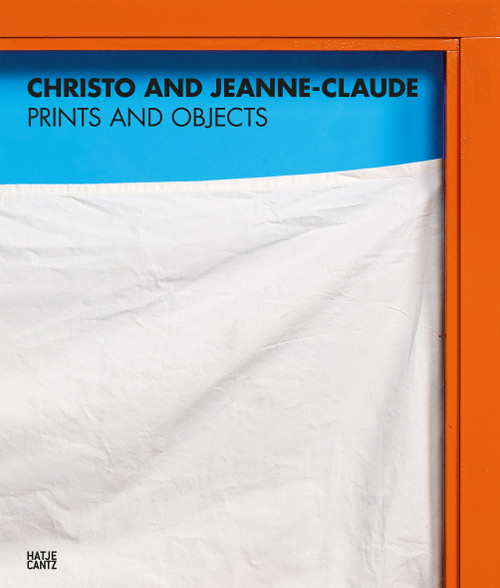Antoni Clavû? (1913-2005) is one of those great 20th-century artists who, like Pablo Picasso or Joan Mirûò found in printmaking a crucial complement to painting and sculpture.
This catalogue raisonnû? rounds off the works of reference of Roger Passeron (1977) and the Sala Gaspar (1984) with the addition of rediscovered, hitherto unpublished works, Clavû?'s last prints and rare books illustrated by the artist. It is intended both as a definitive tool for collectors and a journey to the heart of a graphic oeuvre in permanent correlation with its creator's painted and sculpted body of work. As such it throws new light on the overall approach of a singular artist who played a distinctive part in the history of French and Spanish art in the second half of the 20th century. Born in Barcelona, Clavû? spent his entire career in France.
In 1944, his encounter with Picasso was decisive in both his life and work. From the second half of the 1950s, his paintings, engravings and sculptures were exhibited in internationally renowned galleries and museums: Centre Pompidou, Musû?e d' Art Moderne de la Ville de Paris, Spanish Pavilion of the Venice Biennale (1984). In 2015, the first museum entirely dedicated to the work of Antoni Clavû?, designed by Tadao Ando, was inaugurated in Japan.
This catalogue raisonnû? rounds off the works of reference of Roger Passeron (1977) and the Sala Gaspar (1984) with the addition of rediscovered, hitherto unpublished works, Clavû?'s last prints and rare books illustrated by the artist. It is intended both as a definitive tool for collectors and a journey to the heart of a graphic oeuvre in permanent correlation with its creator's painted and sculpted body of work. As such it throws new light on the overall approach of a singular artist who played a distinctive part in the history of French and Spanish art in the second half of the 20th century. Born in Barcelona, Clavû? spent his entire career in France.
In 1944, his encounter with Picasso was decisive in both his life and work. From the second half of the 1950s, his paintings, engravings and sculptures were exhibited in internationally renowned galleries and museums: Centre Pompidou, Musû?e d' Art Moderne de la Ville de Paris, Spanish Pavilion of the Venice Biennale (1984). In 2015, the first museum entirely dedicated to the work of Antoni Clavû?, designed by Tadao Ando, was inaugurated in Japan.













